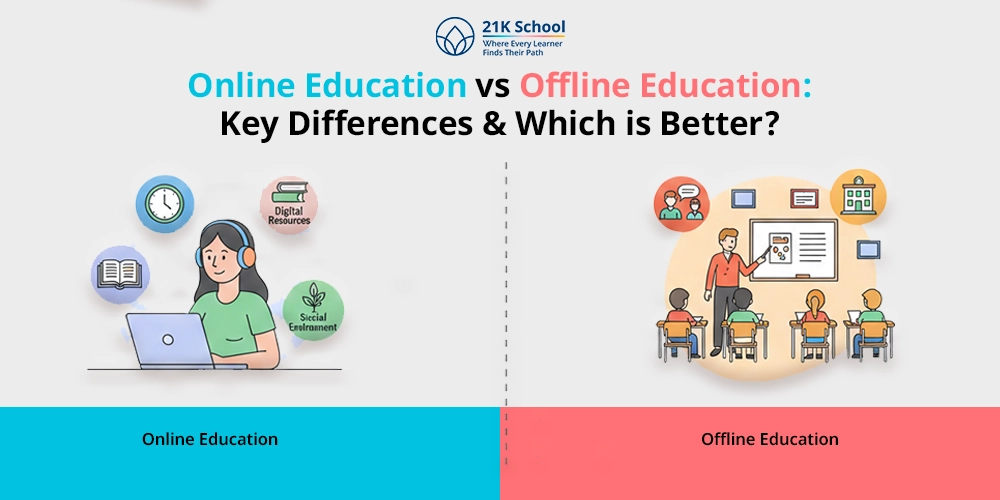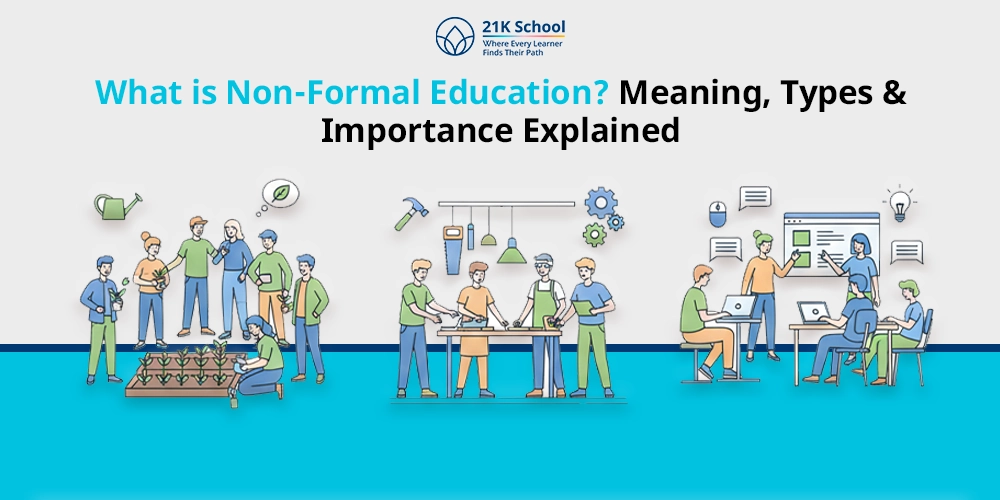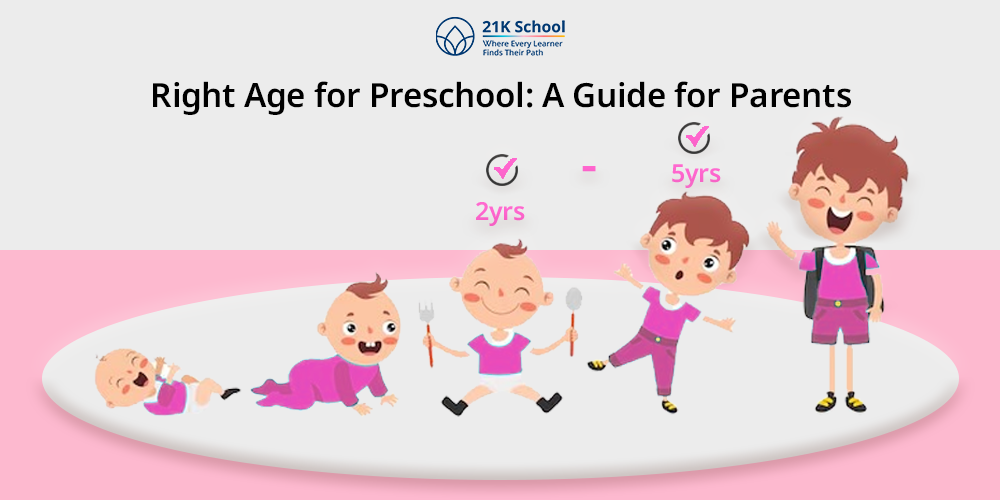
Many parents find it hard making the decision of when to send their child to preschool. So, what you want to know is when your child is developmentally ready to start his/her educational experience.
Preschool can be an important step in social, emotional, and cognitive development. But sending your child at the appropriate age should allow them to make a successful and fun journey.
This article will discuss the best age to start preschool, how to know whether your child is ready. And the ways parents can set up their little ones effectively for this new adventure.
Contents
What is a Preschool?
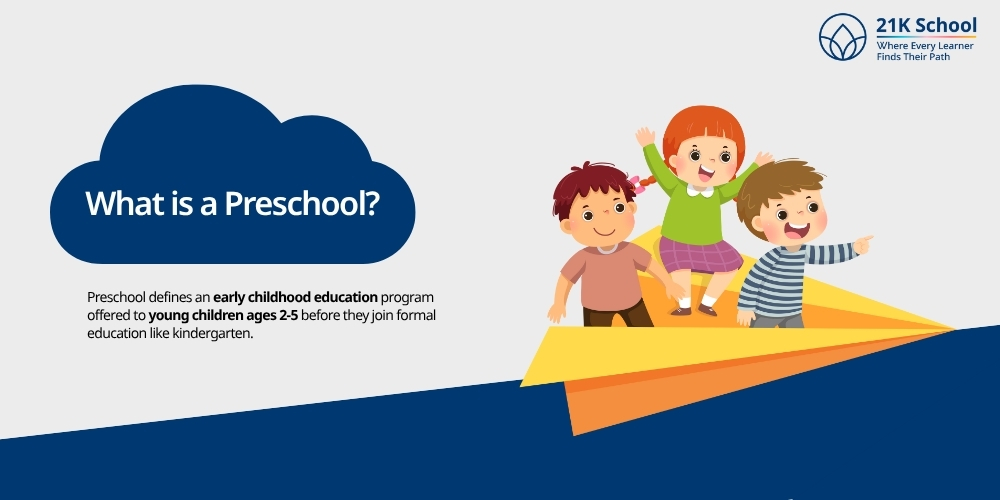
Preschool defines an early childhood education program offered to young children ages 2-5 before they join formal education like kindergarten. The main aim of preschool is to offer a structured framework to kids.
This provides them the ability to socialize, learn cognitively and the fundamental academic principles to be used later in their life stages. Preschools are generally based on play-based learning and structured activities such as arts, storytelling and outdoors together with free play.
Also read, Homeschooling Preschoolers: Fun and Educational Activities
As opposed to kindergarten, preschool is not compulsory and parents can freely decide on sending their kids. Nevertheless, most parents prefer preschool to prepare children to face the school, and can go ahead for an online preschool to promote early education .
The Main Characteristics of Preschool:
- Age Level: This is usually for children between 3-5 years.
- Curriculum: Deals with acquisition of social, emotional, cognitive, and physical abilities.
- Environment: Play-based whereby, there are some structured activities.
- Duration: The program is part-time or full-time.
What Is The Right Age For Preschool?
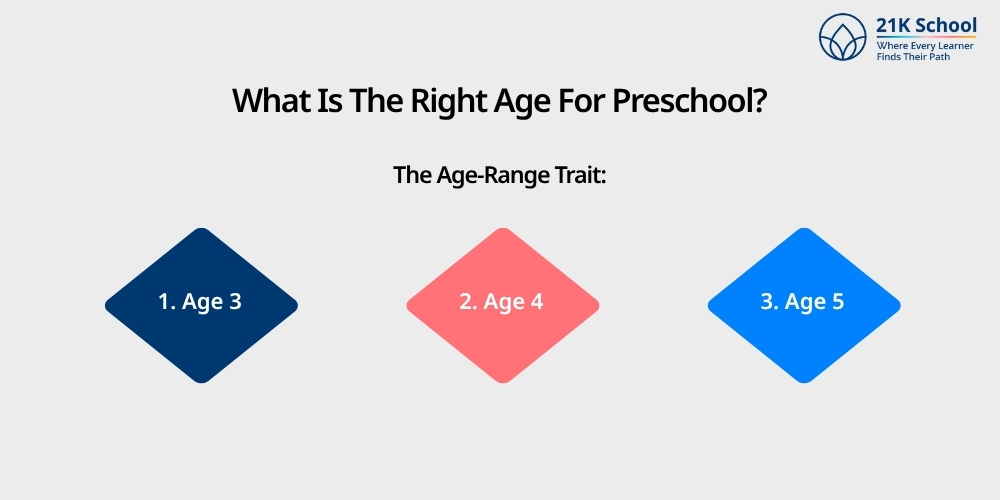
The right age for preschool to start is when your child is 3-5 years-old. Some children are ready to begin as soon as 2.5 years old and some are better off waiting until the age of closer to 4 or 5 years old.
As per NEP 2020 policy, the foundational age for preschool in India is 3 years.
Yet, the perfect age to begin preschool attendance is determined by many factors. The development, personality and preferences of your child included.
The Age-Range Trait:
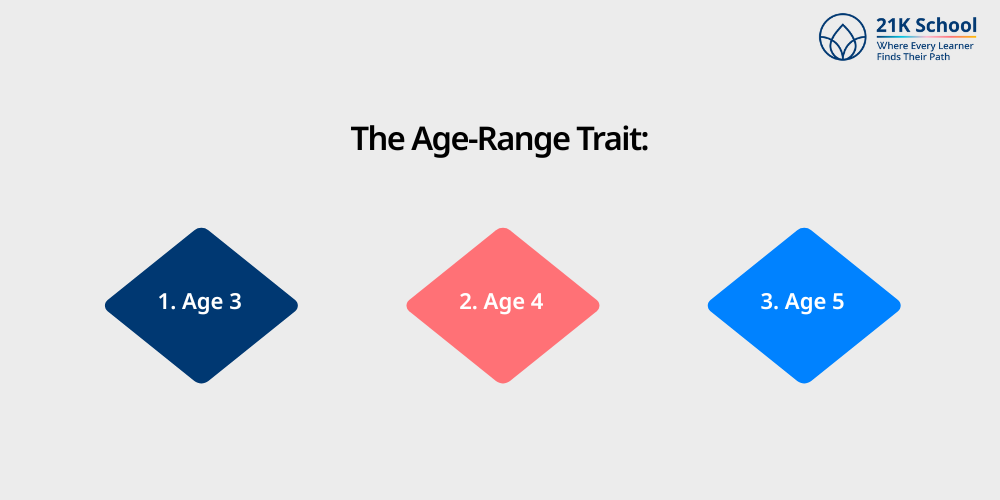
1. Age 3
At age 3, many children start preschool. Children at this age are usually prepared to learn to abide by easy rules, share with others, and learn to play in a group.
The preschool is mainly concerned with socialization and initial acquisition of cognitive development in children at this age.
2. Age 4
Age 4 in most kids is the most appropriate time to join preschool. The age of this group is essentially more independent, can adhere to simple commands, and is more structured.
It is also at this stage that most preschools start teaching some contact with early literacy and numeracy.
3. Age 5
Others may not enter preschool until age 5. When they already have better social skills or they are ready to learn within a more structured framework.
Emotionally and cognitively ready children can easily make the transition between preschool and kindergarten. As long as preschool starts at the age of 5.
Signs if Your Child is Ready for Preschool
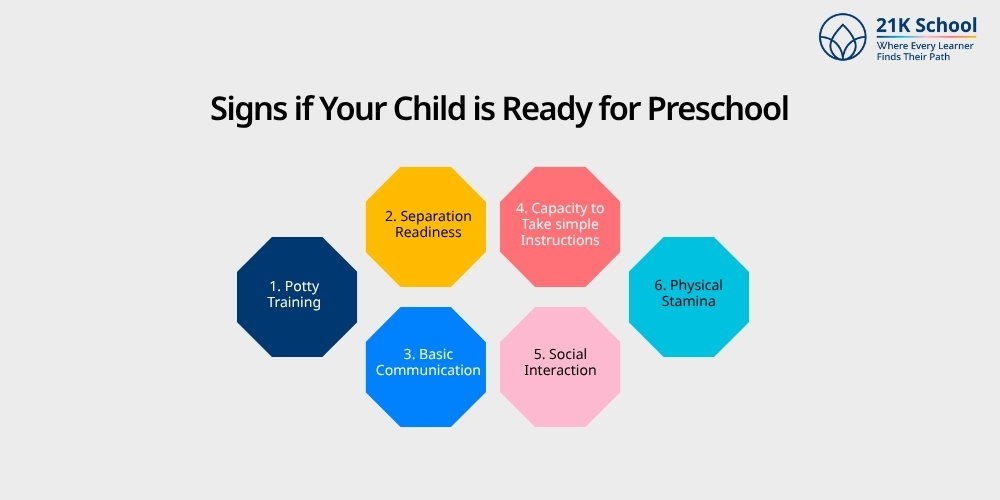
Assessing the readiness of your child is necessary in terms of emotional, and social development before enrolling them in preschool. Children have their own personalities.
And age is not the only indicator of whether your child is ready to enter an educational program like preschool.
1. Potty Training
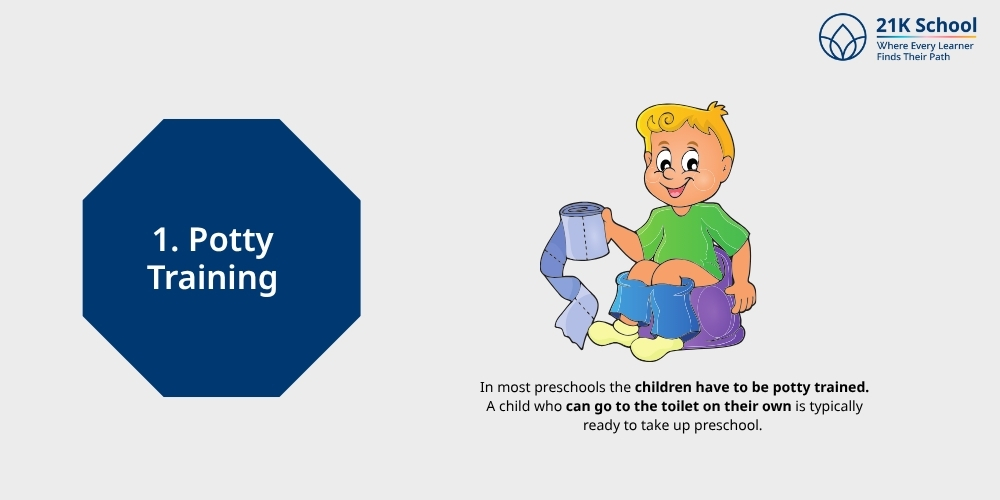
In most preschools the children have to be potty trained. A child who can go to the toilet on their own is typically ready to take up preschool.
It is not only regarding the hygienic aspect. But also regarding the child getting to handle his or her own needs with little help.
2. Separation Readiness
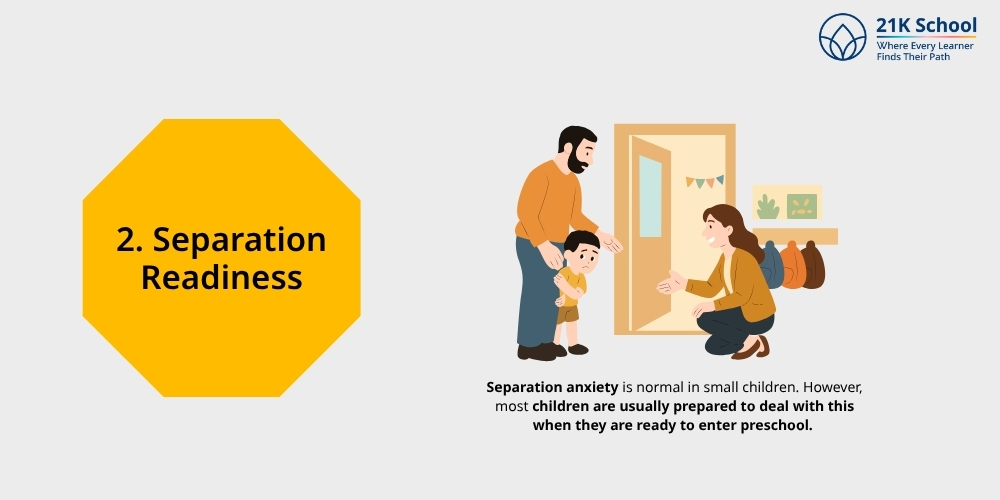
Separation anxiety is normal in small children. However, most children are usually prepared to deal with this when they are ready to enter preschool.
If your child has been able to handle shorter separations (e.g. staying with a relative or babysitter). Then they might be ready to have a longer day at preschool.
Of course, not all children are easy to settle down with, and this is quite okay.
3. Basic Communication
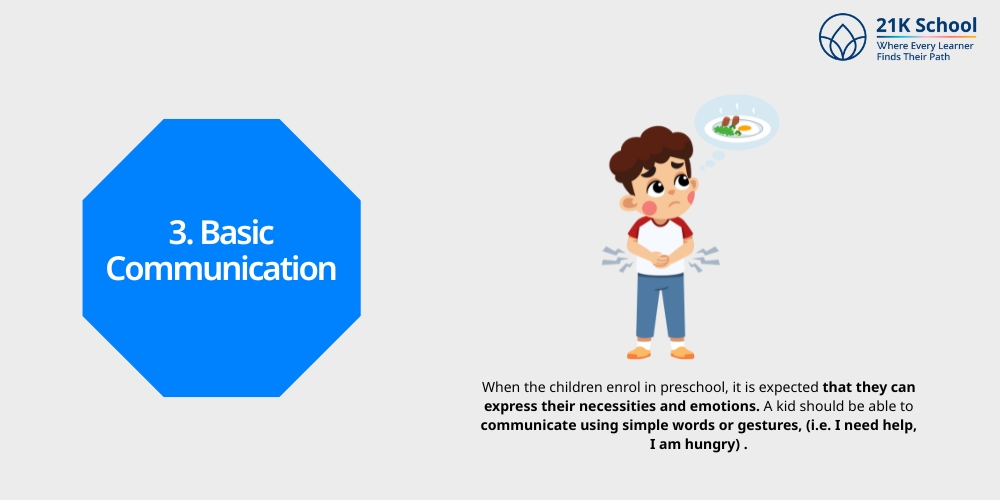
When the children enrol in preschool, it is expected that they can express their necessities and emotions. A kid should be able to communicate using simple words or gestures, (i.e. I need help, I am hungry) .
They stand a better chance of communicating with teachers and peers in a preschool environment. Through this kids learn the importance of communication skills .
4. Capacity to Take simple Instructions
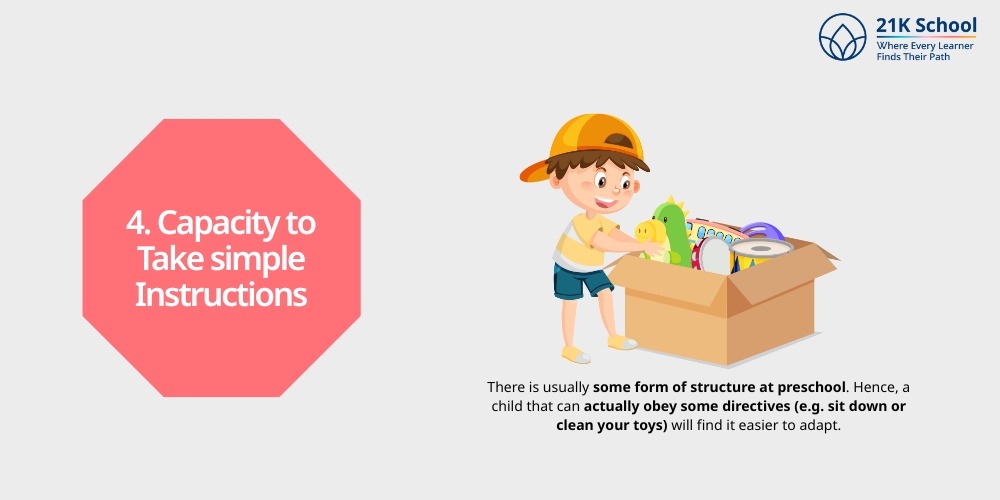
There is usually some form of structure at preschool. Hence, a child that can actually obey some directives (e.g. sit down or clean your toys) will find it easier to adapt.
It does not imply that your child should always be the perfect obedient one but simple commands by teachers should be taken well.
5. Social Interaction
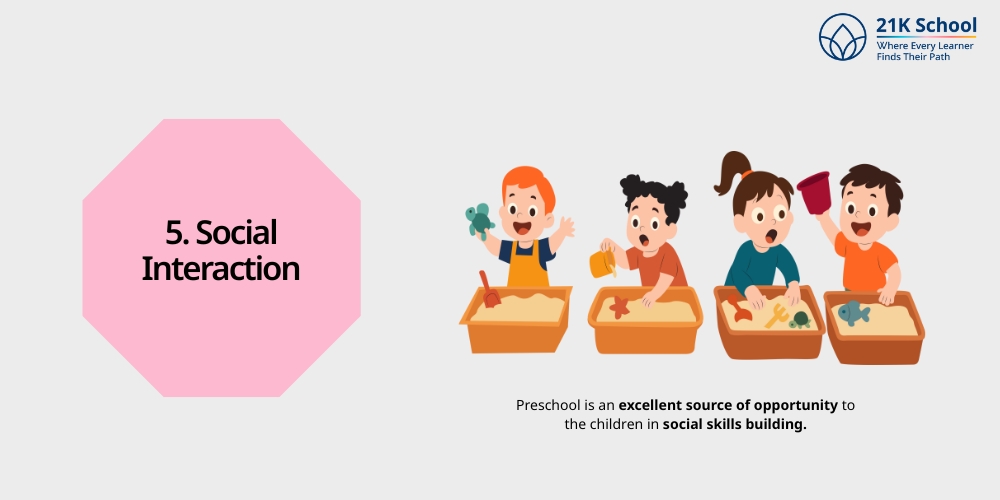
Preschool is an excellent source of opportunity to the children in social skills building. Another mark of social readiness in a child is the ability to play in parallel fashion (play with the other child.
But not necessarily with them or sharing a toy with others. Children who feel confident communicating with others and conducting in a group are better adapted to preschool.
6. Physical Stamina
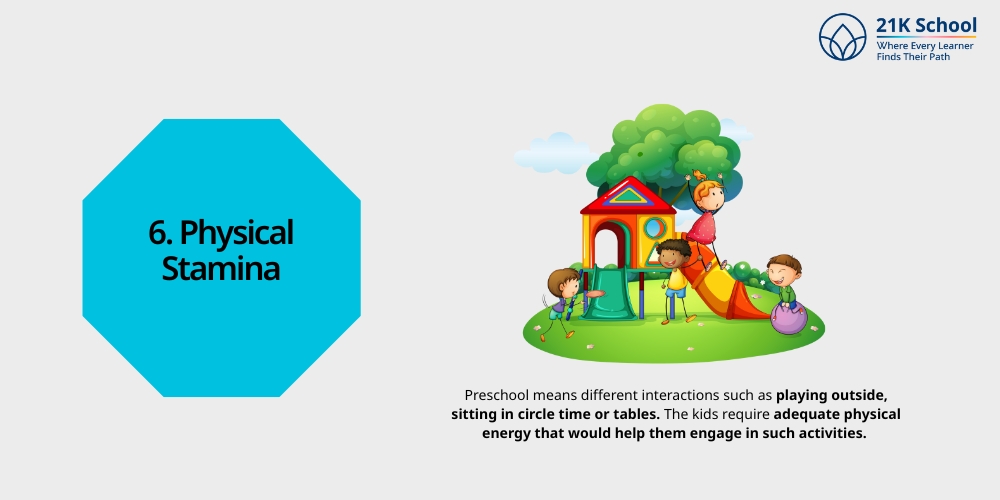
Preschool means different interactions such as playing outside, sitting in circle time or tables. The kids require adequate physical energy that would help them engage in such activities.
The preschool program might be appropriate when your child likes to have fun around. They can be allowed to run, to climb or to spend a great deal of time in physical games.
However, there are some problems with physical education in schools that need addressing sooner for the betterment of students.
Preschool Age Worldwide Recommendations
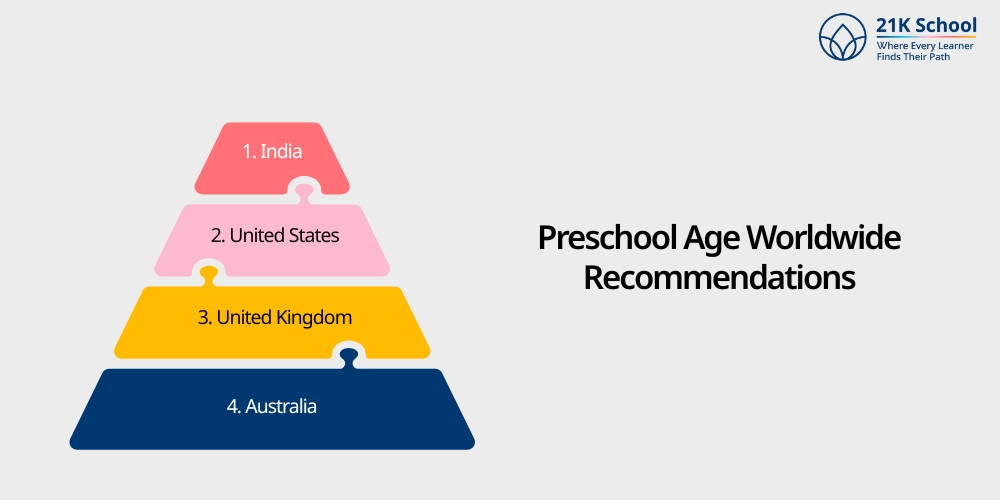
The norms and principles of preschool education are found to be different in different countries. Let us get an idea of how a few countries view the preschool age.
1. India

In India, preschools usually start at 3 years of age, whereas some provide services to children as young as 2.5 years old. But still, the formal learning mostly starts at 6 years, and the first official year of attending school is kindergarten.
Preschool (also known as playschool) is an optional, part-time course dealing with early childhood education and kindergarten readiness.
2. United States
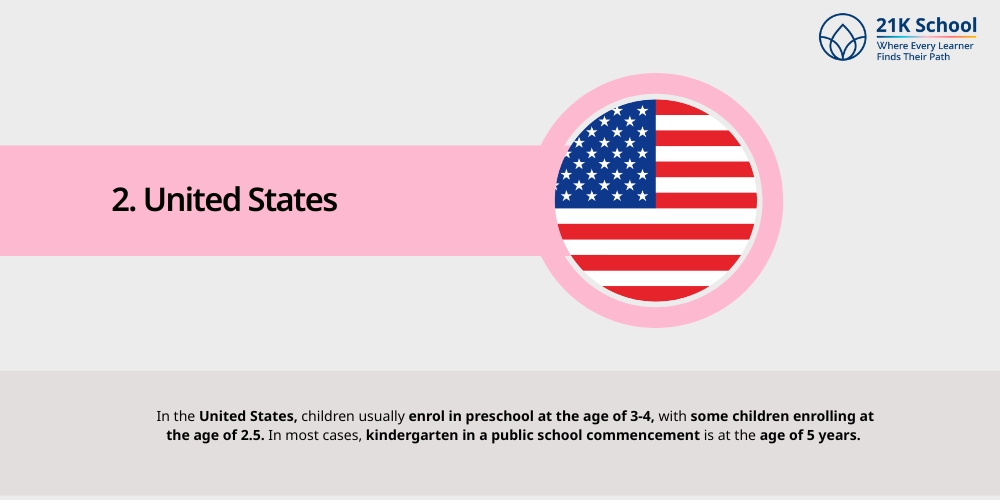
In the United States, children usually enrol in preschool at the age of 3-4, with some children enrolling at the age of 2.5. In most cases, kindergarten in a public school commencement is at the age of 5 years.
Preschool is not required but is regarded as a necessary preparation of children before kindergarten and schooling.
3. United Kingdom
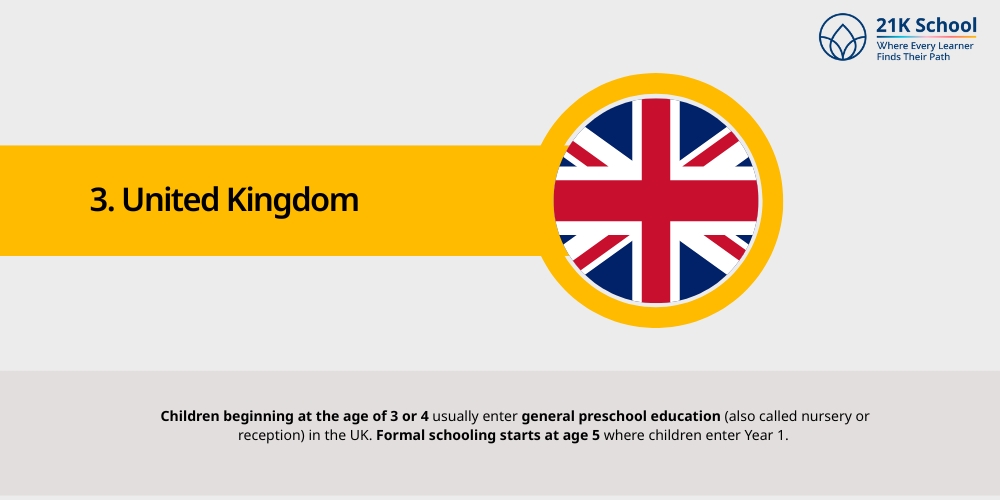
Children beginning at the age of 3 or 4 usually enter general preschool education (also called nursery or reception) in the UK. Formal schooling starts at age 5 where children enter Year 1.
Attending nursery can be part time or full time either of which is available in many nurseries.
4. Australia
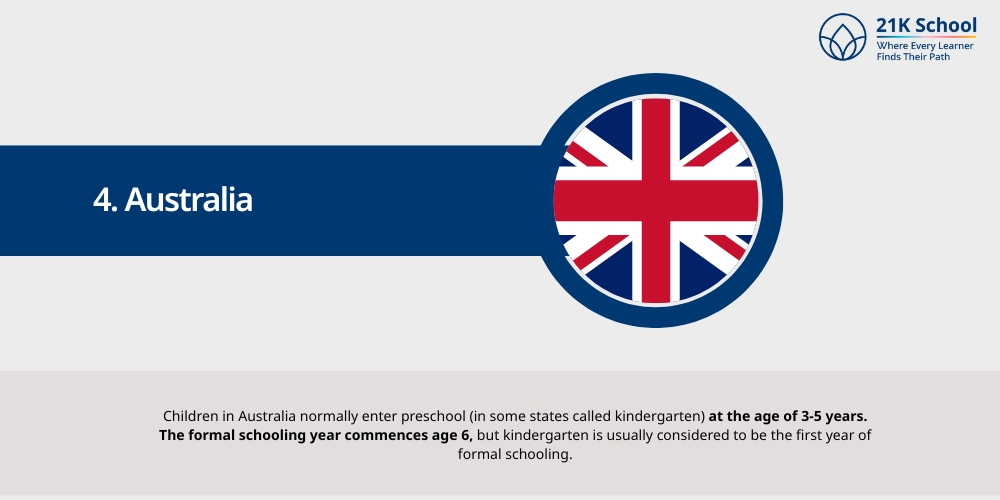
Children in Australia normally enter preschool (in some states called kindergarten) at the age of 3-5 years. Early childhood education commonly includes preschool, whereby children may attend a few hours a day, building up to full-time kindergarten.
The formal schooling year commences age 6, but kindergarten is usually considered to be the first year of formal schooling.
Advantages of an Early Preschool Start
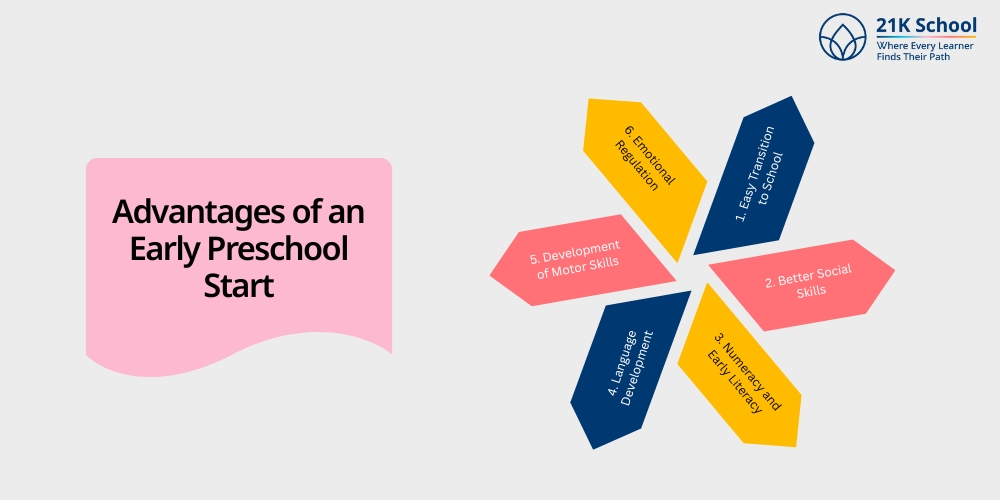
By entering preschool at the appropriate age, children have more chances of enjoying good growth outcomes. The advantage of taking your child to preschools, as early as possible includes the following:
1. Easy Transition to School
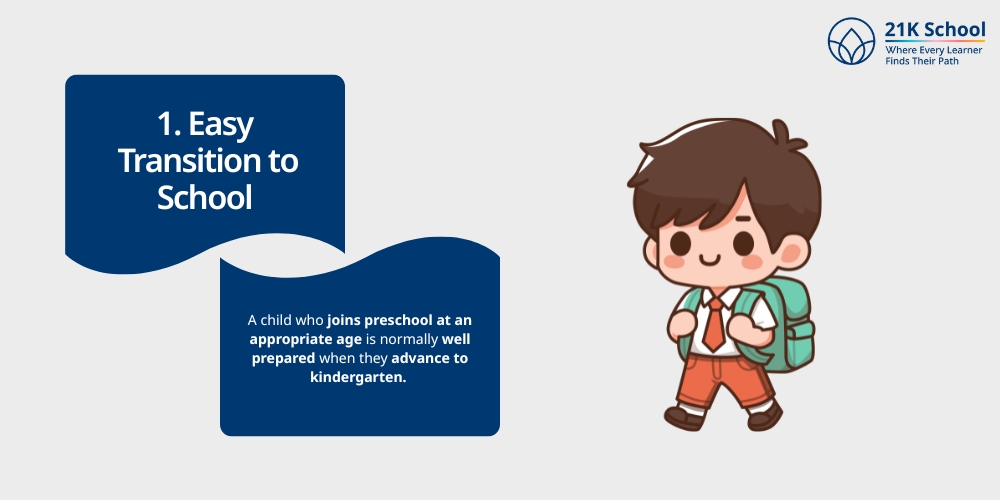
A child who joins preschool at an appropriate age is normally well prepared when they advance to kindergarten. They will know routines in the classroom, how to work with teachers, and interact with other kids in a disciplined environment.
They will be well-trained in such formal operations by the time they get to kindergarten.
2. Better Social Skills
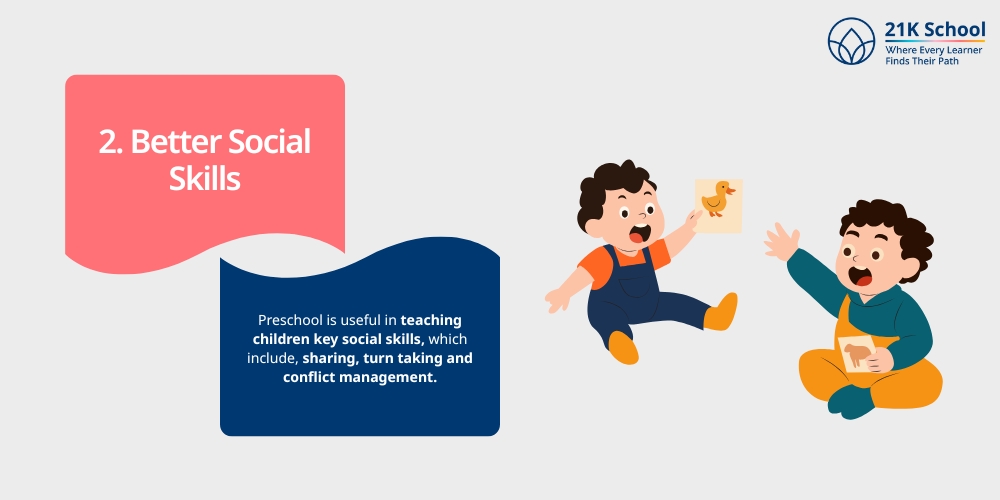
Preschool is useful in teaching children key social skills, which include, sharing, turn taking and conflict management. Preschool at the right age exposes children to the emotional readiness for interaction with other children and how to socialize.
Help your kids reap the benefits of social learning from an early age and help in their personality development .
3. Numeracy and Early Literacy
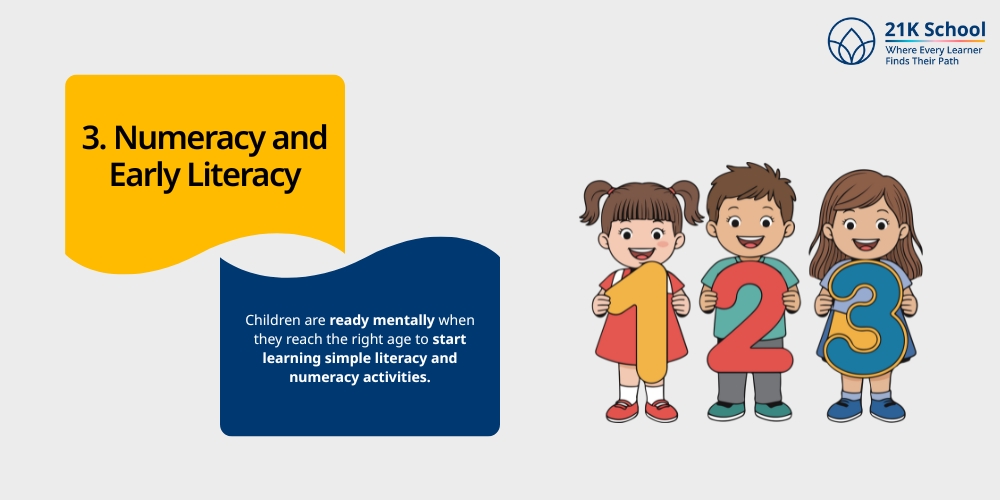
Children are ready mentally when they reach the right age to start learning simple literacy and numeracy activities.
This early introduction of academic ideas assists in building a solid base of future learning in kindergarten and beyond.
4. Language Development
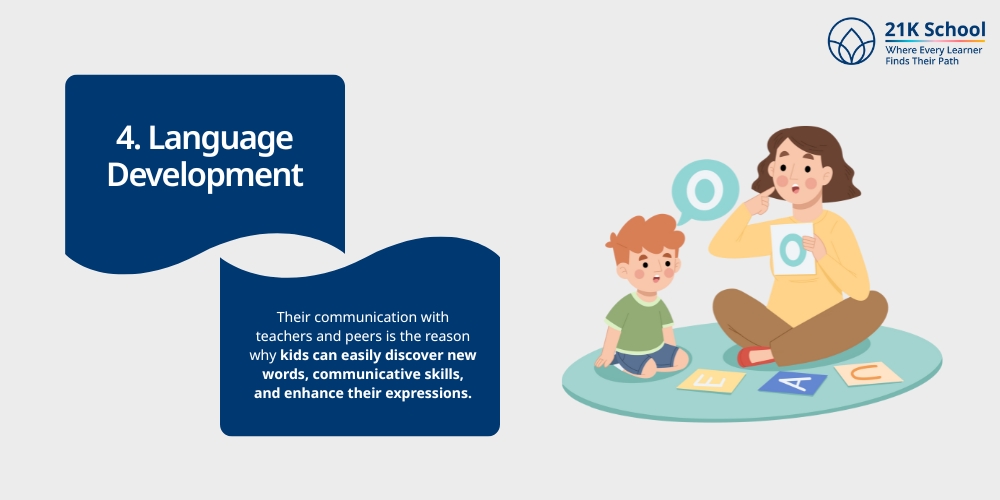
Enrollment to the preschool at the right age can contribute to language development. Their communication with teachers and peers is the reason why kids can easily discover new words, communicative skills, and enhance their expressions.
Read more on importance in language skills .
5. Development of Motor Skills
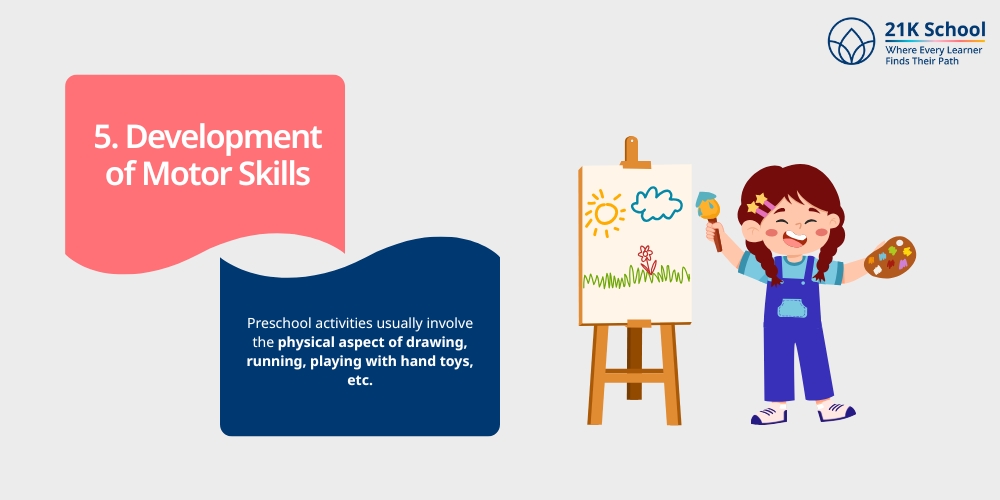
Preschool activities usually involve the physical aspect of drawing, running, playing with hand toys, etc.
These activities help children in development of fine motor and gross motor skills at the right age.
6. Emotional Regulation
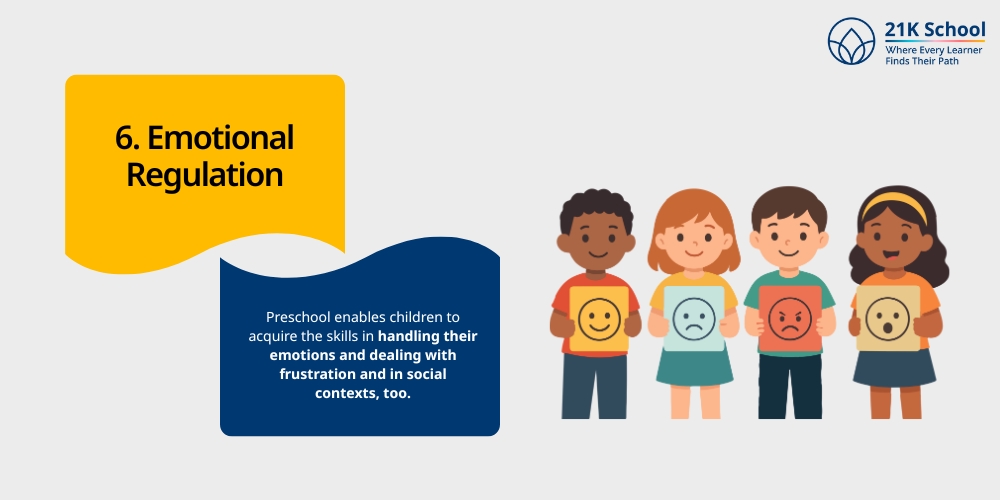
When children enter preschool at a proper age, there are possibilities that they would develop expertise on emotional regulation.
Preschool enables children to acquire the skills in handling their emotions and dealing with frustration and in social contexts, too.
Making Your Child Preschool Ready
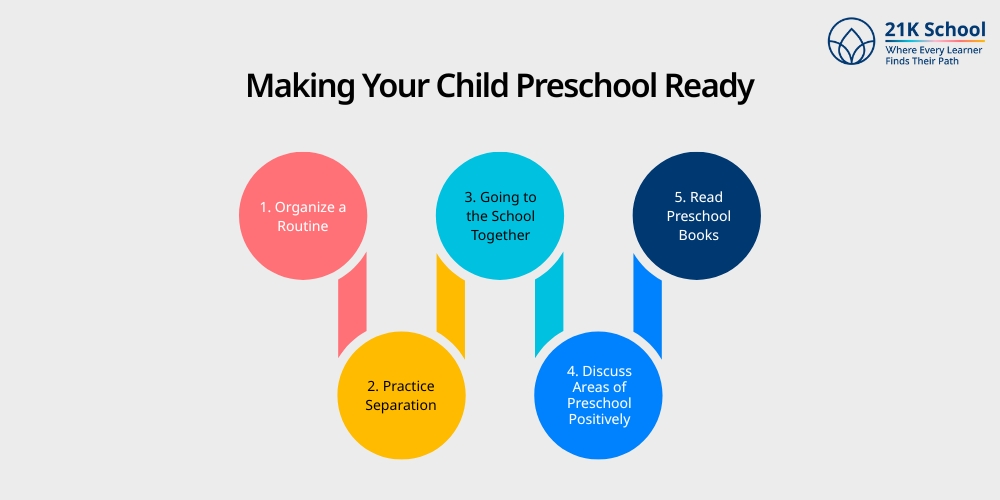
Preschool preparation can help the process to be easier, both to the parents and the children. Following are some useful tips:
1. Organize a Routine
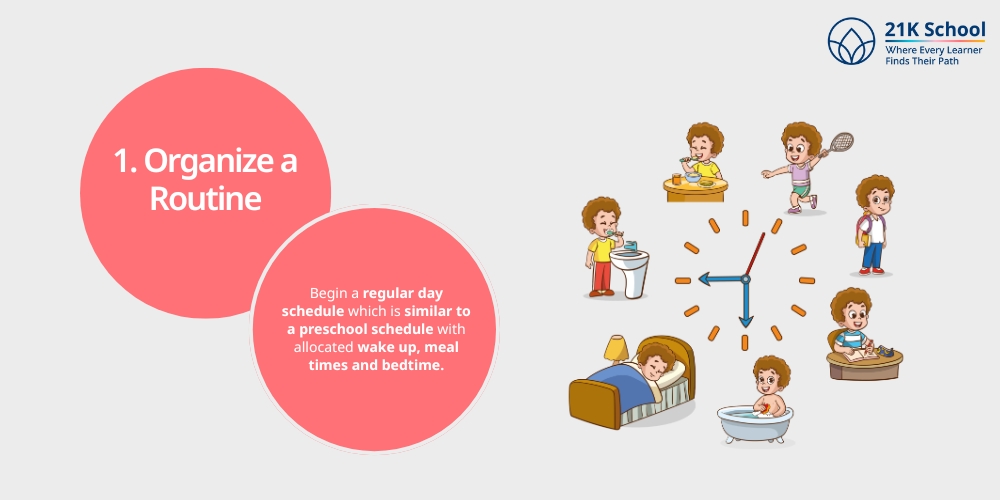
Begin a regular day schedule which is similar to a preschool schedule with allocated wake up, meal times and bedtime.
This assists your kid to adapt to the study routine that they will experience in preschool.
2. Practice Separation
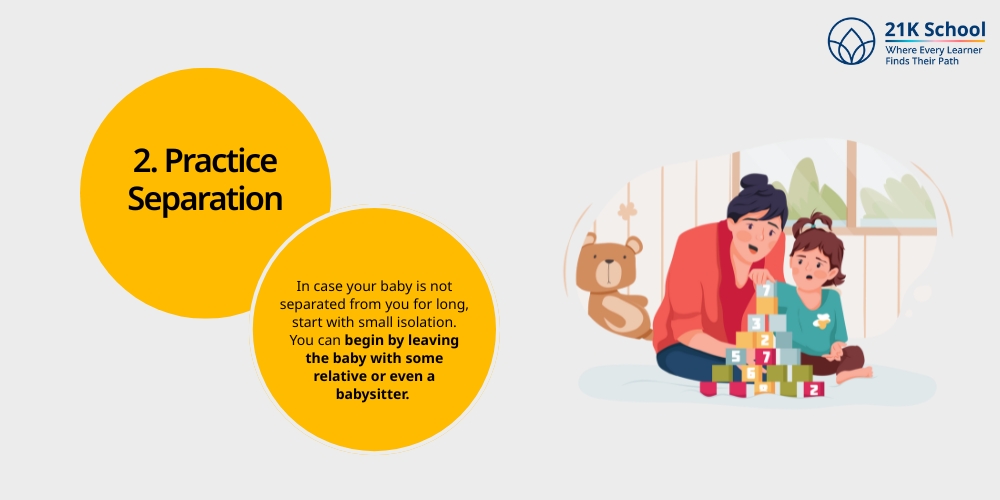
In case your baby is not separated from you for long, start with small isolation. You can begin by leaving the baby with some relative or even a babysitter.
This will assist in cutting separation anxiety at the stage when it is time to go to preschool.
3. Going to the School Together
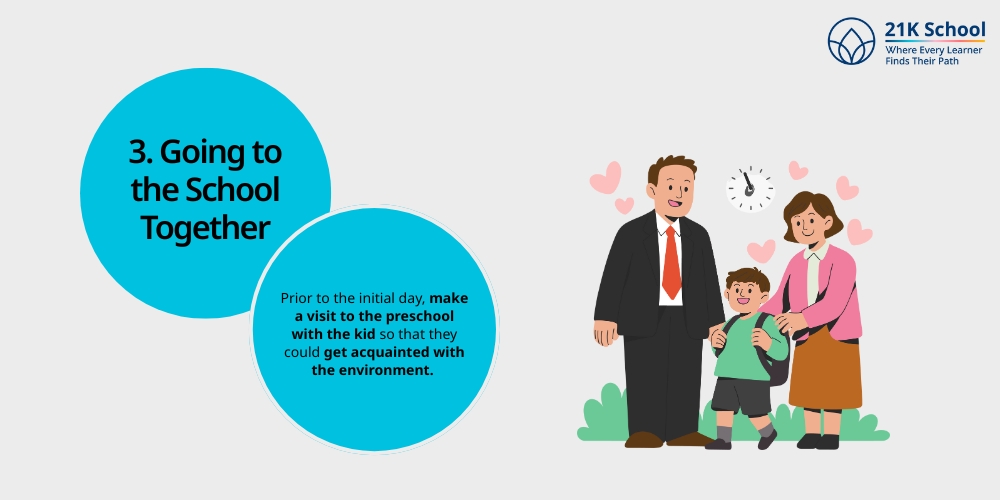
Prior to the initial day, make a visit to the preschool with the kid so that they could get acquainted with the environment. Visit the teachers, see the classrooms and discuss it.
4. Discuss Areas of Preschool Positively
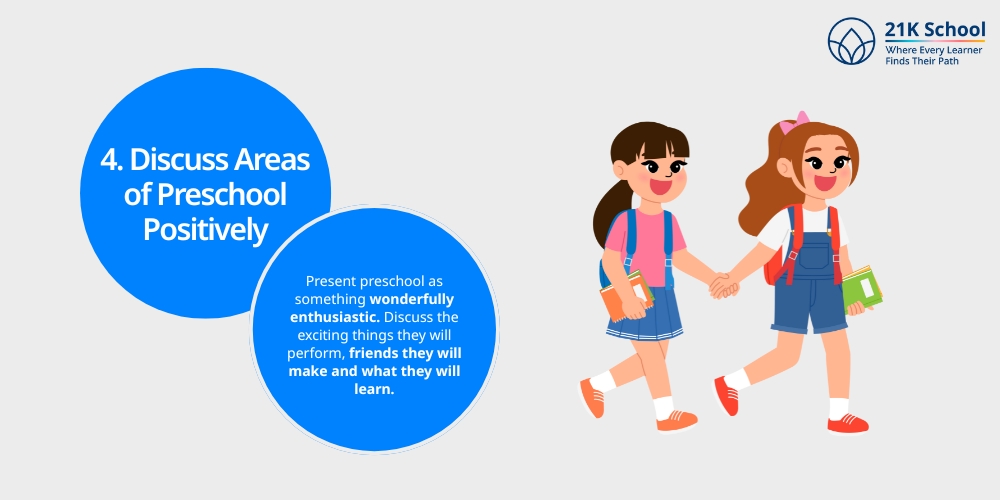
Present preschool as something wonderfully enthusiastic. Discuss the exciting things they will perform, friends they will make and what they will learn.
This will assist in developing the interest and minimizing the fear or apprehension.
5. Read Preschool Books
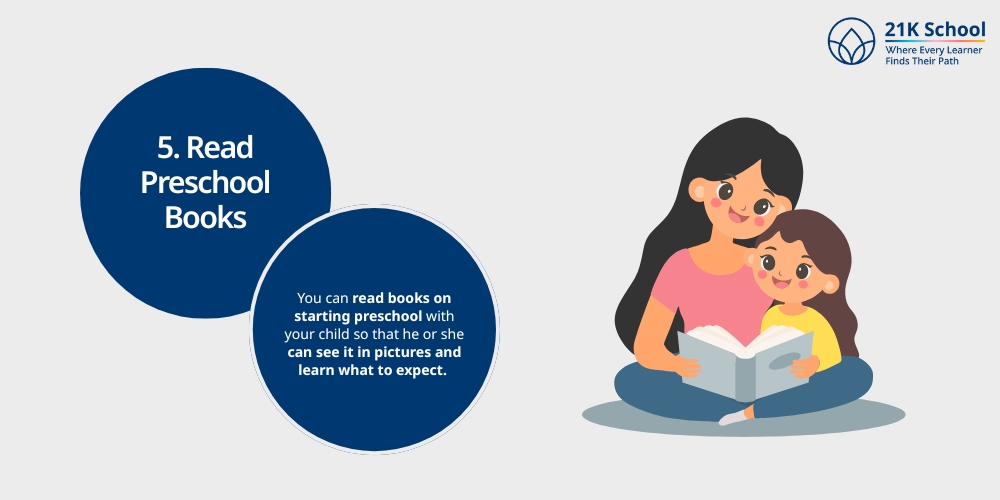
You can read books on starting preschool with your child so that he or she can see it in pictures and learn what to expect. Numerous children’s books help the process of getting into preschool.
In Conclusion
The decision on the age to attend preschool is very personal. The average age is 3-5 years old. But the most beneficial start time depends on how well-developed your child is, his or her personality, and family circumstances.
You can ease the transition process into preschool by observing the signs of readiness and by preparing your child emotionally, socially and physically.


